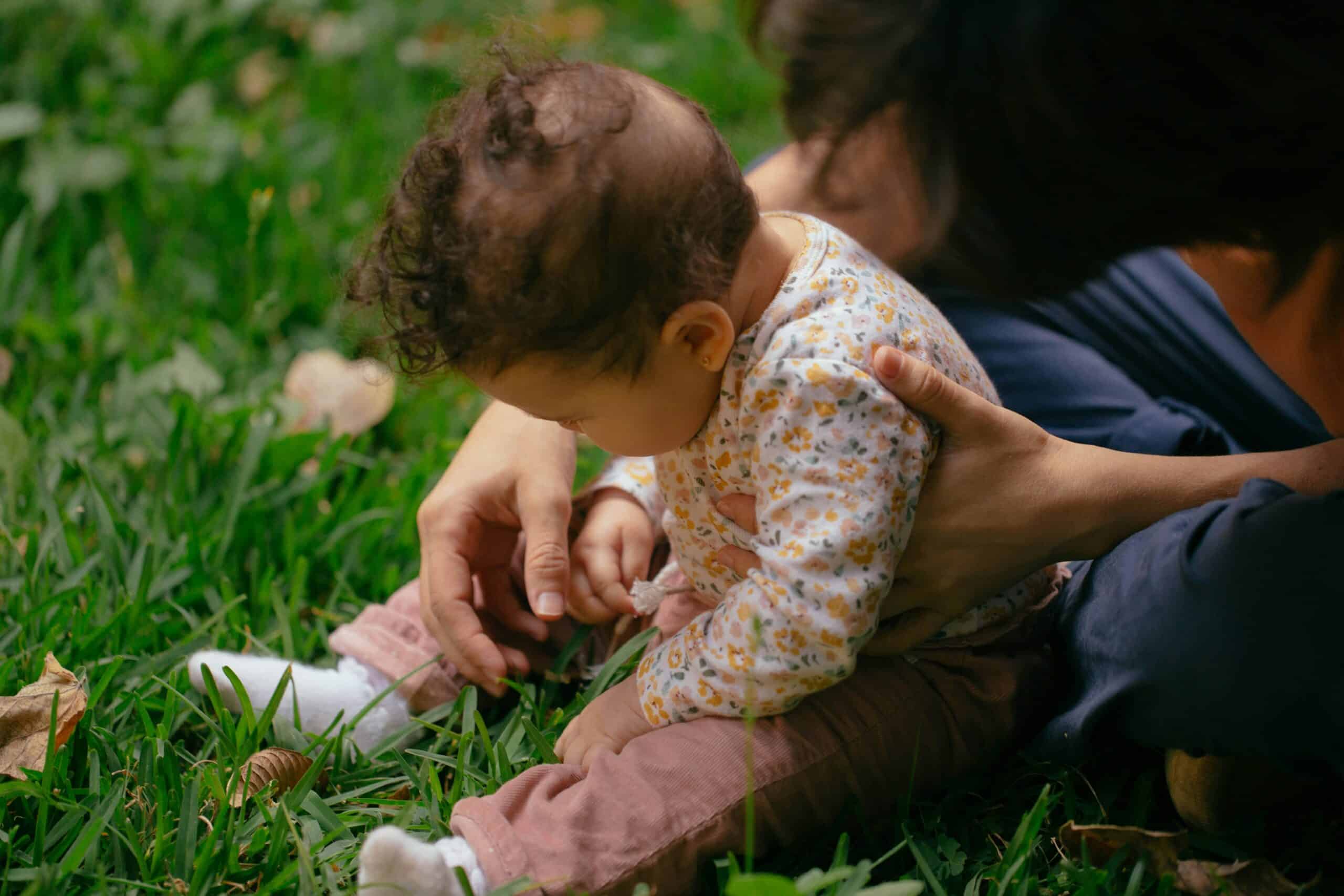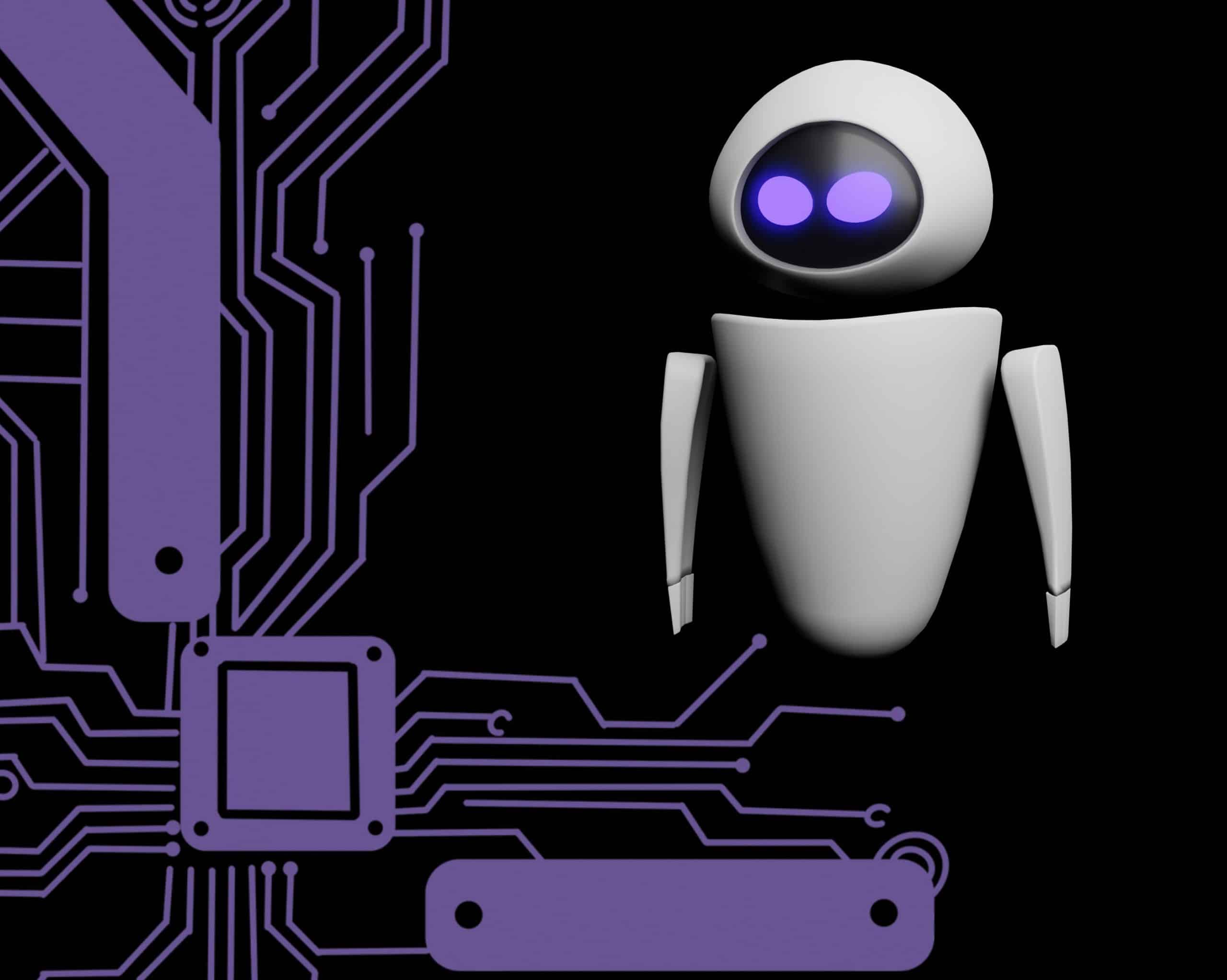Category: LISS panel
-

Improving Diagnosis of Memory Decline by assessing the effects of Age, Education and Socio-Economic Status on Forgetting
Assessing long-term memory function is crucial for diagnosis and treatment in a wide range of clinical cases, including the early detection of Alzheimer’s disease. In order to effectively assess memory abnormalities in clinical populations, it is crucial to collect normative data from a representative sample of individuals in the Netherlands. This project uses a newly…
-

Blueprint or blank slate? Nature-nurture beliefs and parenting
While it is nowadays well established that both “nature” and “nurture” are important determinants of child development, people differ in their beliefs about the relative importance of genetic and environmental influences. In this project, we study how these beliefs shape parenting. Given the significant impact of parental investments on children’s outcomes later in life, the…
-

Smartphone Use and Smartphone Addiction in the Netherlands: Attitudes towards Interventions
Smartphone usage has significantly increased in the Netherlands, with the population owning a smartphone rising from 80% in 2017 to 91% in 2022. On average, we spend nearly three hours per day on our smartphones. The growing integration of smartphones into daily life raises concerns about the potential for smartphone “addiction”, where individuals become anxious…
-

Do you think I should work part-time? The role of personal preferences and societal expectations surrounding part-time work in the Netherlands
The Netherlands has the highest rates of part-time work in Europe, with 63% of women and 23% of men working part-time. While part-time work may enhance work-life balance, it also increases the risk of poverty in retirement. This gender gap raises questions about whether it is driven by internalized societal norms around household responsibilities beyond…
-

Identity Heterogeneity and Demand for Redistribution
Identity cleavages increasingly drive political outcomes, including the distribution of income and wealth. At the heart of this are people’s preferences regarding the distribution of income. Recent studies show that in order to understand what drives such preferences, a crucial role is reserved for identity. National identity is especially important, since it affects the acceptance…
-

On Call, Off Track? The Hidden Career Costs of On-Call Parenthood
This study examines how the role of the “on-call parent”—the parent primarily responsible for handling emergencies like picking up a sick child—affects career trajectories for men and women in Dutch families. It explores how mothers and fathers divide this role and its impact on promotions, salary growth, and job flexibility. Using survey and register data,…
-

Drawing the Line: An Experimental Study on Tolerance and the Limits of Religious Expression in the Netherlands
When is a religious expression acceptable, and when is it intolerable? With religious diversity being increasingly a topic of debate in Western European societies, it becomes important to study where the public draws this boundary. This study uses a factorial survey experiment in the Netherlands asking respondents to judge if a religious speaker should be…
-

Code red, orange, or maybe yellow? Navigating the storm of precision and uncertainty in the public understanding of severe weather warnings
The KNMI warns the Netherlands in case of extreme weather, such as a heavy storm, so that we can take precautions. These warnings consist of colour codes, such as “code red” for a severe storm that will cause many problems. These codes are now issued per province. That makes the map simple but is also…
-

Narratives about Inequality
Economic narratives—stories explaining economic phenomena—are gaining interest among economists, with research showing they impact beliefs, attention, and behaviours more than factual information. While inequality remains a salient societal issue, competing narratives about its causes coexist within society. The project investigates the causal impact of inequality narratives on policy preferences. In our experiment, respondents are presented…
-

Resilience towards Robotization: The Willingness, Opportunity and Ability of Individuals to Prepare for Automation at the Workplace.
With the rise of smart technology, artificial intelligence, robotics, and algorithms, many job tasks can be automated within the next decade, and it is increasingly important that humans upgrade their skills to stay employable. While current research predominantly focusses on aggregate labor market outcomes and occupational risks of automation (i.e. assessing which jobs are most…